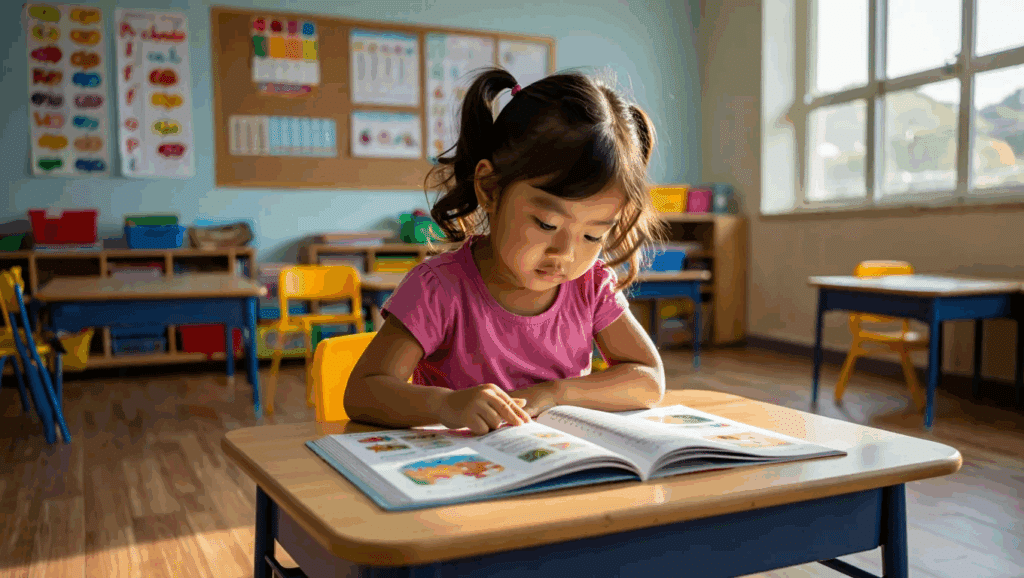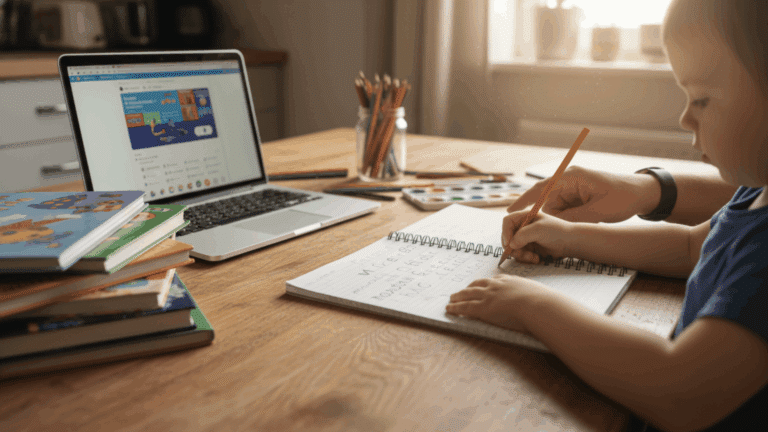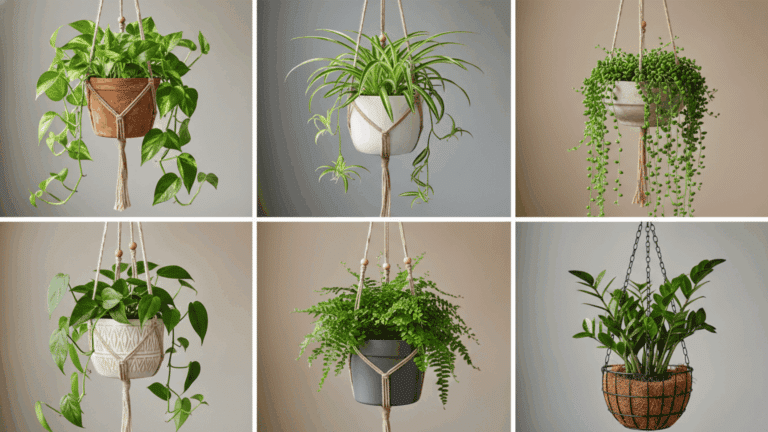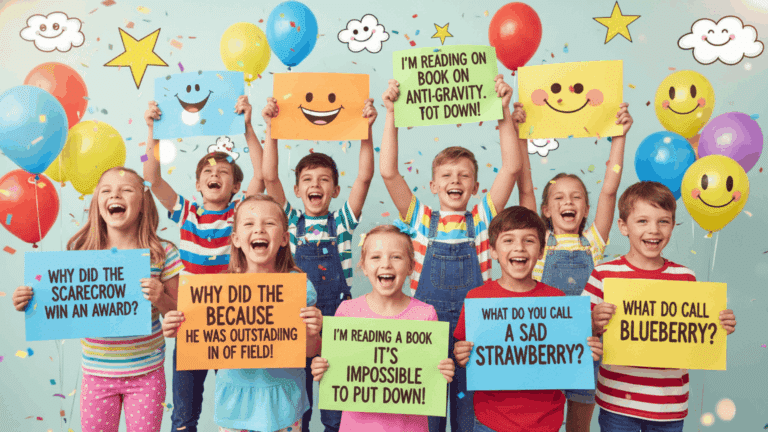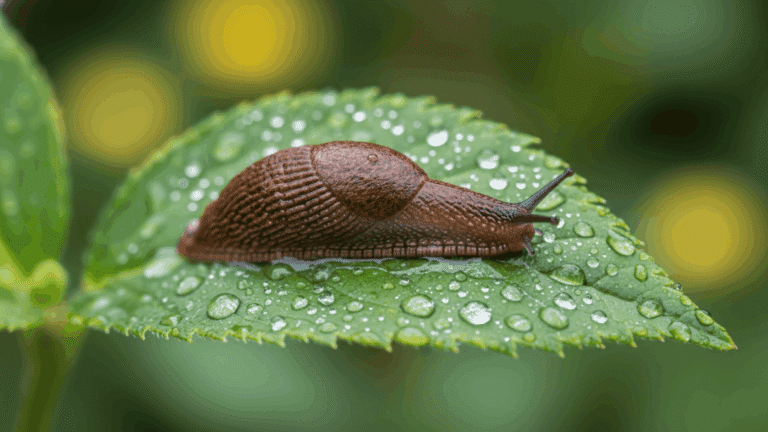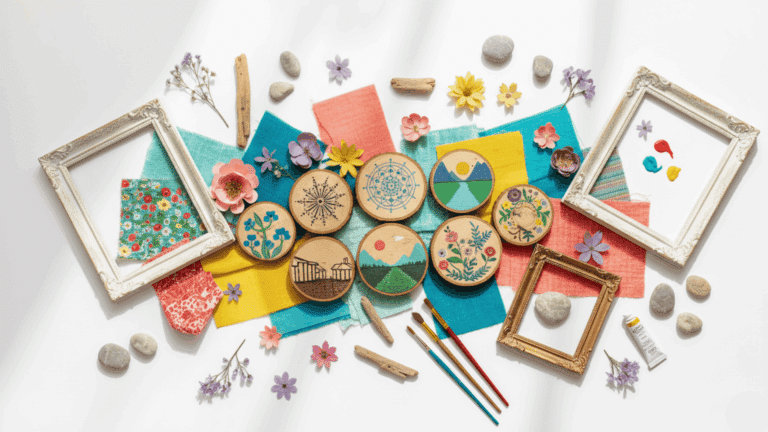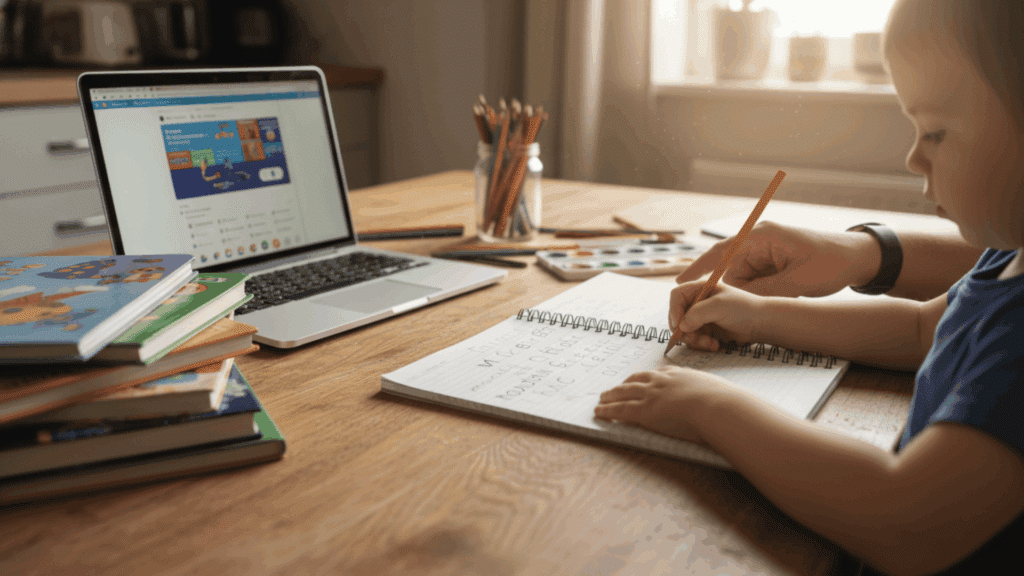Every parent knows how hard it can be to keep young children engaged while learning.
Kids often lose interest quickly when activities feel too much like schoolwork. Finding ways to make learning fun seems like a constant challenge.
Rhyming words offer the perfect mix of play and learning that children love. These word games help kids build language skills while having a blast.
This blog will show parents and teachers five simple rhyming activities. You’ll learn how to create fun games at home using everyday items.
What are Rhyming Pairs?
Rhyming pairs are simply two words that sound the same at the end. Think of words like “cat” and “hat” or “dog” and “frog.” The endings sound perfect when you say them out loud.
These word combinations help children learn how language works. When kids hear rhyming words together, they start to notice patterns in sounds.
This makes it easier for them to read new words later.
You can find rhyming words everywhere in daily life. Many children’s books use them to make stories more fun. Nursery rhymes like “Twinkle, Twinkle, Little Star” are full of these matching sounds.
List of Rhyming Pairs Grouped by Common Endings
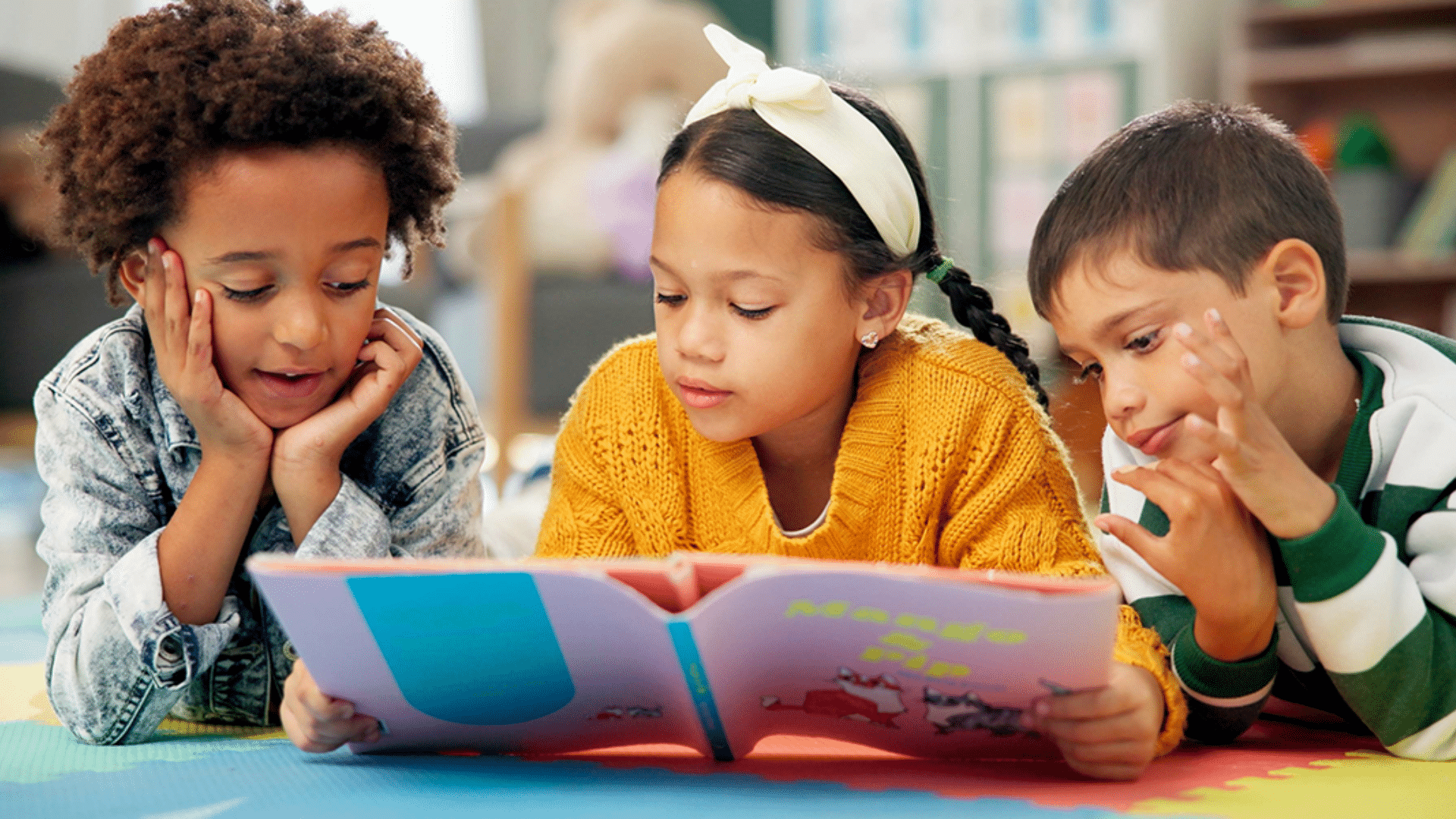
Rhyming pairs are words that share the same ending sounds, making them perfect for phonics practice, poetry, and language games.
Below, you’ll find popular pairs organized by their common endings, along with brief explanations and examples to help you get the most out of each group.
Words Ending with -at
The -at family is one of the most common starting points for teaching rhymes. These words are simple and familiar, making them ideal for early learners.
cat/hat
The cat wore a funny hat.
mat/rat
A rat sat on the mat.
These pairs help children recognize the repeating “-at” sound, building their confidence in identifying rhymes.
Words Ending with -og
The -og group features playful words often found in children’s stories.
dog/frog
The dog jumped over the frog.
log/hog
A hog slept on a log.
Practicing these pairs encourages kids to listen for the “-og” ending and come up with their own rhymes.
Words Ending with -ake
The -ake ending introduces slightly longer words, which are great for expanding vocabulary.
cake/lake
We ate cake by the lake.
bake/make
Let’s bake a cake and make some cookies.
These pairs are useful for blending sounds and learning new words.
Words Ending with -ee
The -ee sound is bright and easy to spot, making these pairs fun to say aloud.
bee/tree
A bee buzzed by the tree.
see/three
Can you see three bees?
Using these pairs in simple sentences helps reinforce the rhyme and meaning.
Words Ending with -un
The -un family is perfect for energetic classroom games and rhyming chants.
sun/run
Run under the sun!
fun/gun
Playing tag is so much fun.
These pairs can be used in movement activities to make learning interactive.
Words Ending with -ed
The -ed group is useful for teaching both rhymes and past-tense verbs.
bed / red
The bed has a red blanket.
fed/led
She fed the dog and led it outside.
This group helps with both rhyming and grammar practice.
Words Ending with -in
The -in ending features words that are easy to blend and rhyme.
pin/win
Pin the tail to win the game.
chin/bin
Touch your chin, then find the bin.
These pairs are great for quick rhyming games and classroom activities.
Words Ending with -op
The -op group offers lots of opportunities for movement and action words.
hop/top
Hop to the top of the hill.
mop/pop
Use the mop to clean up the pop.
These pairs are perfect for action-based learning.
Words Ending with -ay
The -ay family features cheerful, everyday words.
day/play
It’s a sunny day—let’s play!
stay / way
Should we stay or find another way?
These pairs work well in songs and rhyming stories.
Words Ending with -ell
The -ell group is great for practicing the “-ell” sound and building vocabulary.
bell / well
The bell rings by the well.
sell/tell
Can you sell or tell a story?
These pairs can be used in storytelling and role-play activities.
Click here to download the free PDF
Fun Activities and Games Using Rhyming Pairs
Playing with rhyming words doesn’t need fancy toys or expensive materials. Simple games at home can help children learn while they laugh and play together.
Here are some simple games that make learning rhymes exciting for children.
Rhyme Time Scavenger Hunt
Give kids a word like “book” and ask them to find things that rhyme with it around the house. They might find a “hook” in the kitchen or a “look” in the mirror. This game gets children moving while they think about sounds.
Memory Match Game
Create cards with pictures of rhyming objects. Draw a cat on one card and a hat on another. Kids flip cards over and try to match the rhyming words. Start with just six cards and add more as they get better.
Silly Story Building
Take turns making up stories using rhyming words. Start with “Once there was a mouse who lived in a house.” Let each child add the next rhyming line. The stories usually end up being really funny.
Rhyme Clap Game
Say two words out loud. If they rhyme, kids clap their hands. If they don’t rhyme, they stay quiet. Try “sun” and “fun” then “car” and “tree.” This helps children focus on listening carefully.
Tips for Teaching and Practicing Rhyming Words
Teaching rhyming is most effective when you keep things simple and fun.
- Start with simple, familiar words like cat, bat, and hat.
- Read many books with rhymes to help children recognize patterns.
- Practice a little bit each day, rather than in long sessions.
- Let kids make up silly rhyming words, even if they’re not real.
- Use songs and music to make rhyming feel like play.
- Celebrate every attempt, even when children get it wrong.
To Conclude
Rhyming words give children a fun way to build strong language skills.
These simple word games help kids hear sounds better and prepare them for reading success. When children play with rhymes, they develop skills that will benefit them throughout their school years.
Every child learns at their own pace, so stay patient and encouraging.
You might be surprised how quickly children catch on to these sound patterns and start creating their own rhyming words.

